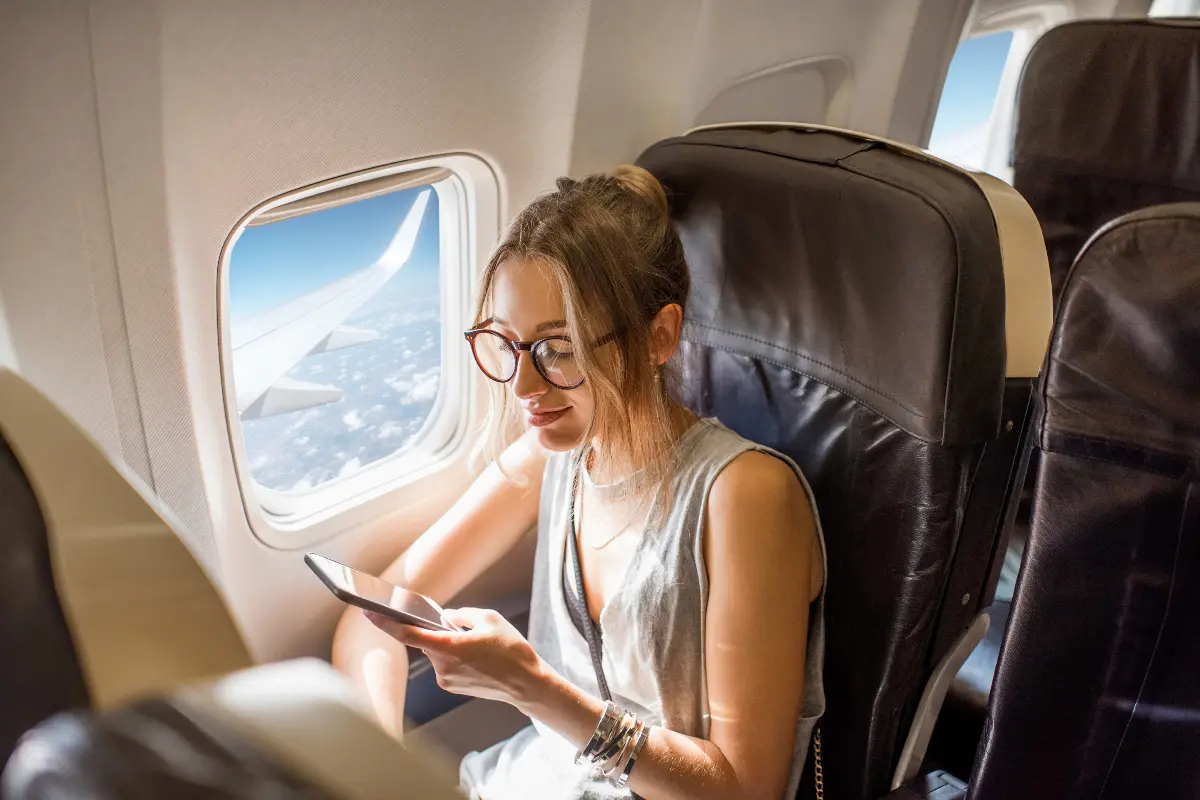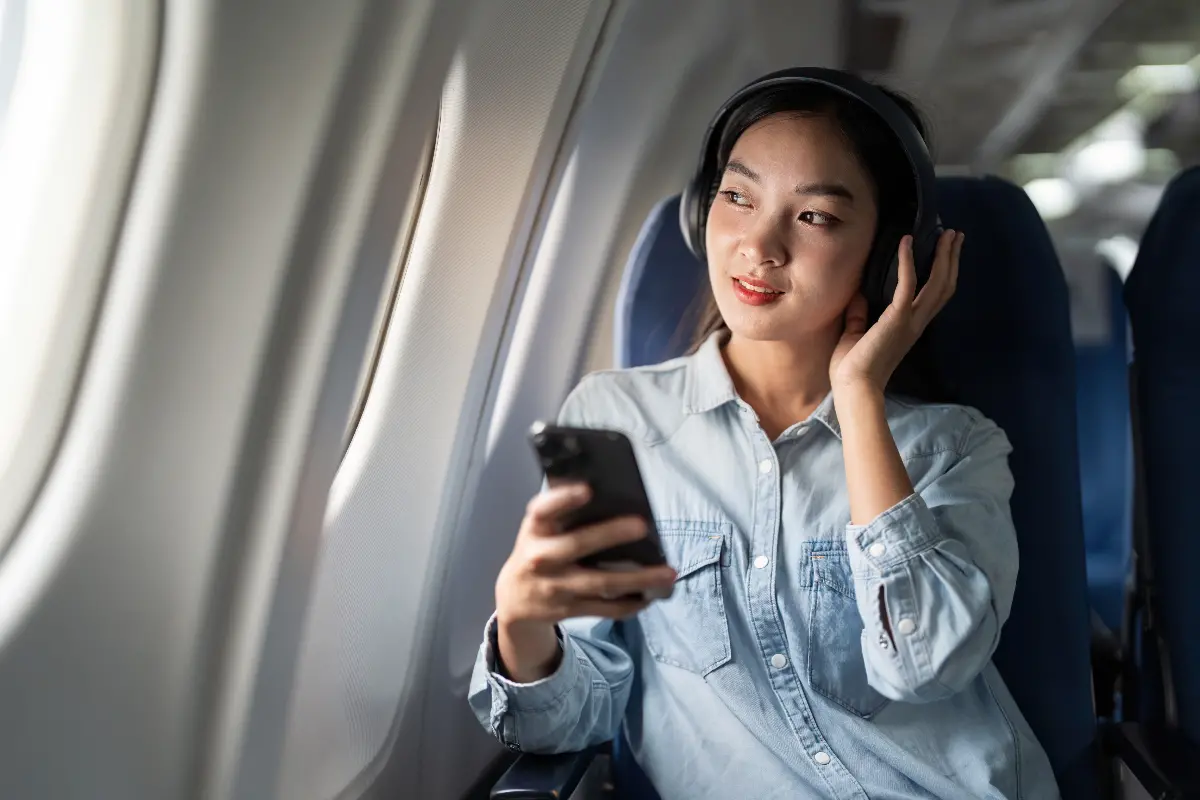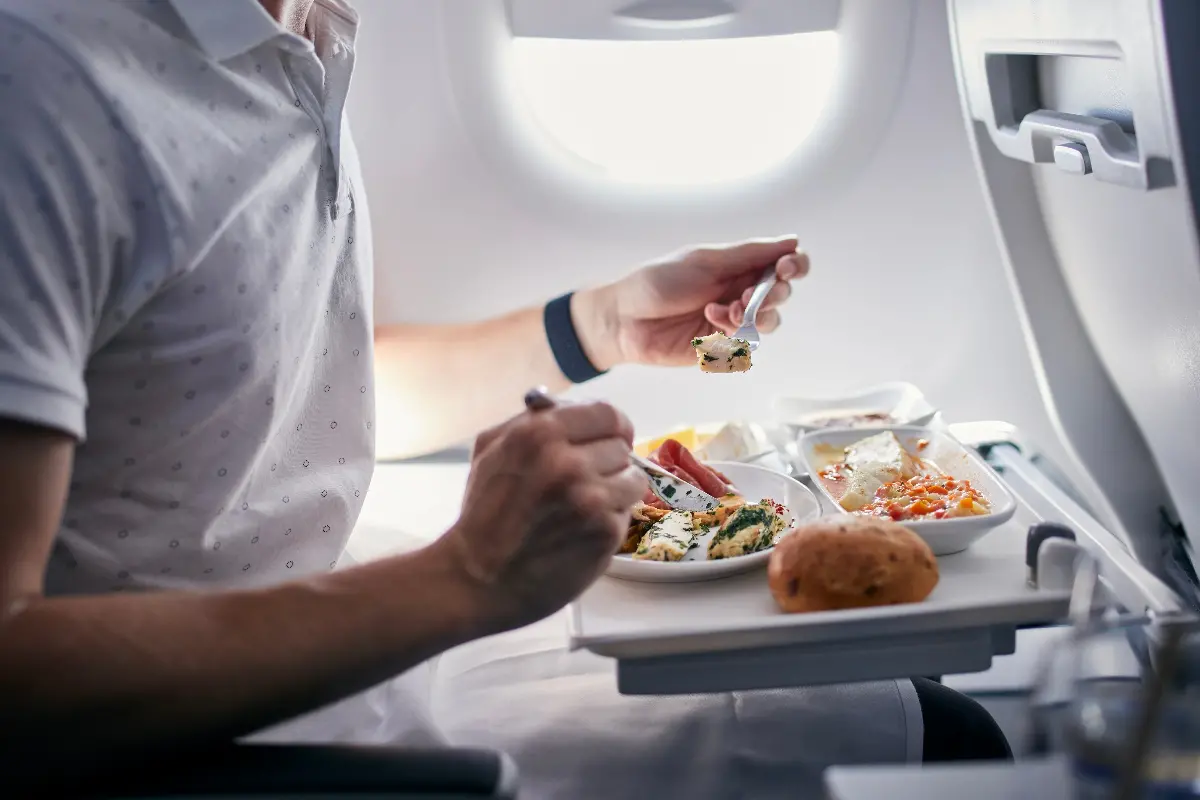Embarking on international travel can be a thrilling experience. However, the adventure of traversing the skies can often be marred by anxiety, health concerns, and sheer boredom. As we set our sights on foreign skies, it's paramount to conquer our sky-high fright with innovative strategies aimed at keeping us relaxed, healthy, and entertained.

Firstly, let's tackle the aspects of staying relaxed. Anxiety and stress can be significant hurdles for travelers. One way to maintain a serene mindset is through the practice of mindfulness and meditation. Engaging in deep breathing exercises or using meditation apps targeted at travelers can induce a sense of peace and control. These mindful practices can help balance your body’s fight or flight response, reducing the anxiety that often accompanies air travel.
A slightly less orthodox but increasingly popular means of staying calm is through the use of wearable technology that assists with stress relief. Devices, such as smartwatches with stress-reducing features or gadgets that emit gentle vibrations to promote relaxation, can be a high-tech salve for the anxious traveler.
Staying healthy while hurtling through the atmosphere in a metal tube is another common concern. The confined space, proximity to others, and physical stress of travel can take a toll on your health. Hydration is critical. Airplane cabins have very low humidity levels, which can lead to dehydration. Instead of relying on the minimal beverage service, bring a reusable water bottle and fill it up once past security. Drinking plenty of water can help mitigate the effects of jet lag as well.
The air inside the cabin isn’t just dry; it can also harbor germs. To combat this, take immune-boosting supplements, such as vitamin C or echinacea, in the days leading up to your flight. Applying a small amount of a nasal moisturizer can not only improve comfort but also provide a barrier to some airborne pathogens.
Maintaining physical movement within the constraints of an aircraft is essential. Engage in in-seat exercises like ankle circles, knee lifts, or shoulder rolls. These movements keep the blood circulating, stave off stiffness, and may even reduce the risk of developing deep vein thrombosis, a rare but serious condition sometimes associated with air travel.

It's not just your physical health that needs safeguarding; the mind needs its own set of activities to stay in top form. Long flights can become monotonous, leading to a sense of restlessness or cabin fever. Before boarding, plan out a few engaging activities. Load your smartphone or tablet with ebooks, podcasts, movies, or series that you have been excited about but haven't had the time to enjoy. Flight time can become your own personal leisure time.
Some airlines provide in-flight entertainment, but you can't always count on this, or it may not cater to your tastes. Bringing a diverse variety of recreations can prove invaluable in keeping your mind occupied. This can range from travel-sized board games, puzzles, or even learning a new skill such as knitting, drawing, or a new language—after all, you might be traveling to a place where you could put your newfound linguistic skills to the test!
Staying connected with loved ones can also provide comfort and make time fly by. Use the in-flight Wi-Fi to chat with friends or family, share real-time travel experiences, or finish up any work-related tasks to free up time for holiday adventures upon landing.
Remember also that an active mind can lead to tiredness, so don't forget to balance entertainment with rest. High-quality noise-canceling headphones can be a godsend for blocking out the constant drone of the plane's engines, serving as a barrier to the cacophony of travel noises. Pair these with a supportive travel pillow, an eye mask, and perhaps a light blanket, and you've set the stage for some replenishing sleep.

Lastly, consider the food you consume. Opt for light meals that are easy on the stomach, avoiding overly salty or sugary snacks that can exacerbate dehydration and cause energy spikes and crashes. If possible, eat a good meal before the flight so that you're not solely reliant on airplane food, which may not suit your dietary needs or preferences.
Travel is about exploration, learning, and immersing oneself in new experiences. With these innovative tips in your travel toolkit, you can conquer the sky-high fright and arrive at your destination feeling refreshed, relaxed, and ready to explore. The focus should be on the wonders that await at your journey's end, not the anxiety of the trip itself. Take these strategies onboard and enjoy your flight to its fullest.
